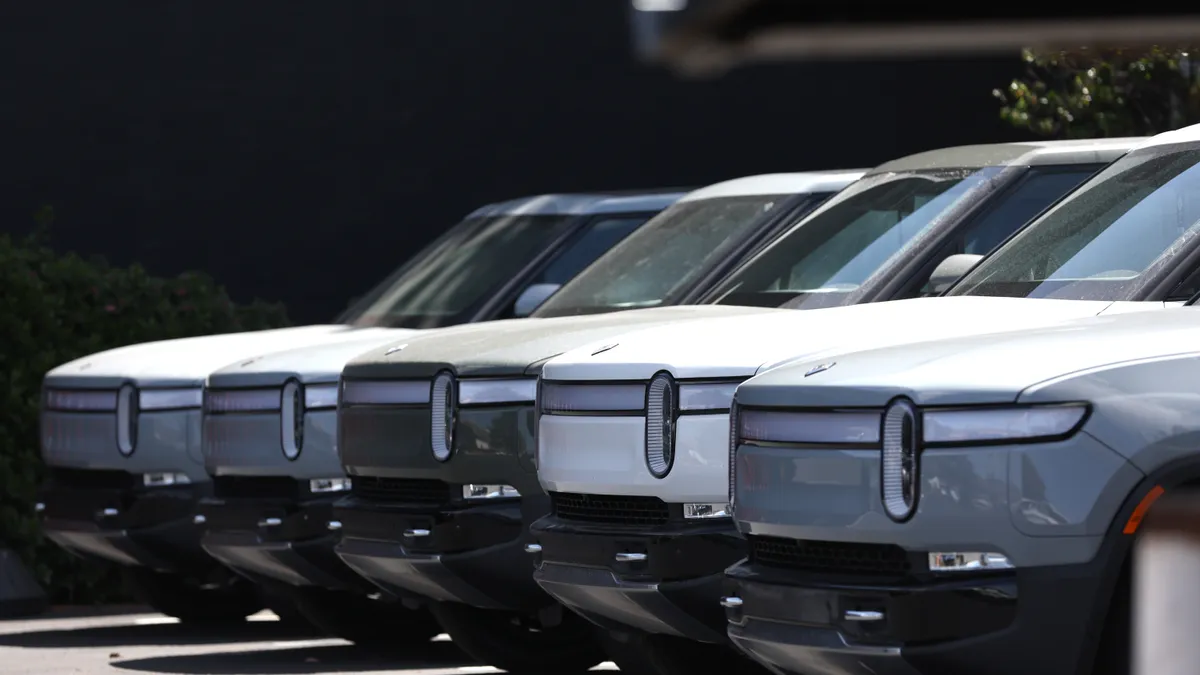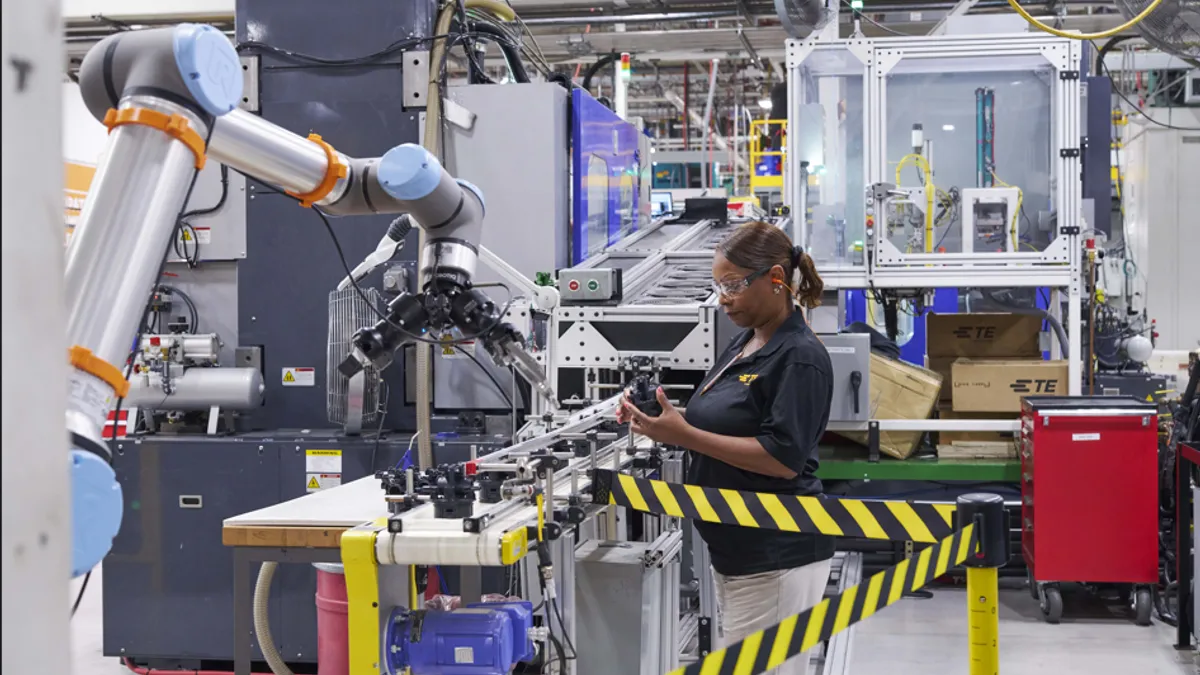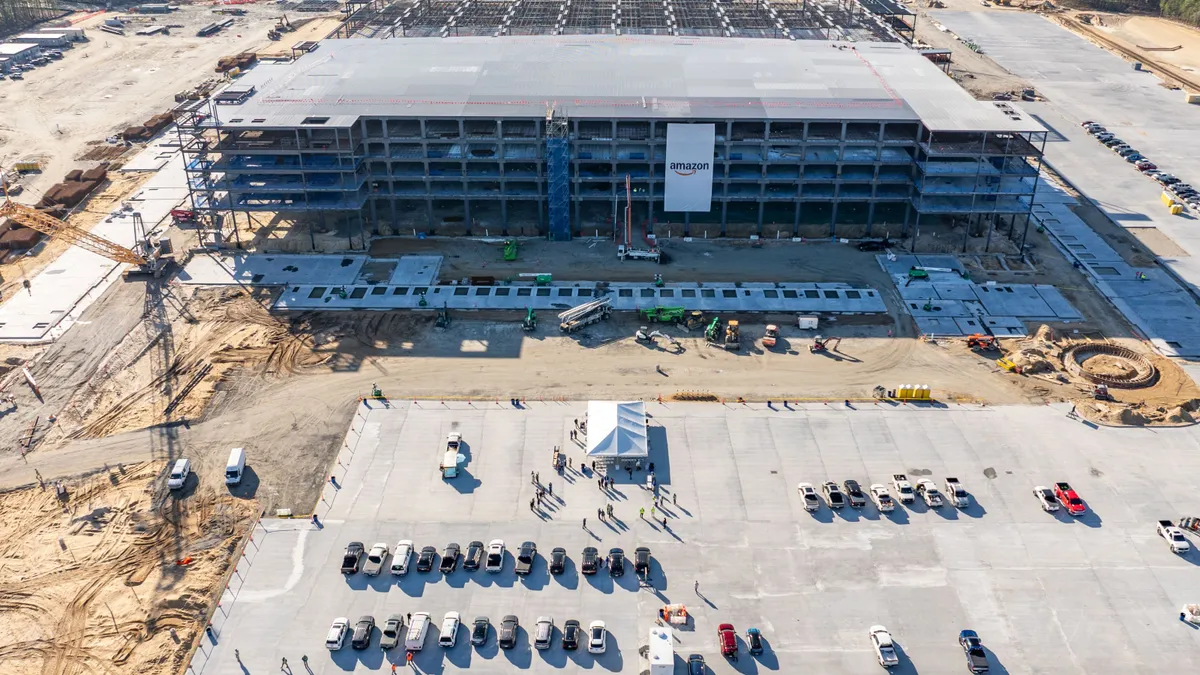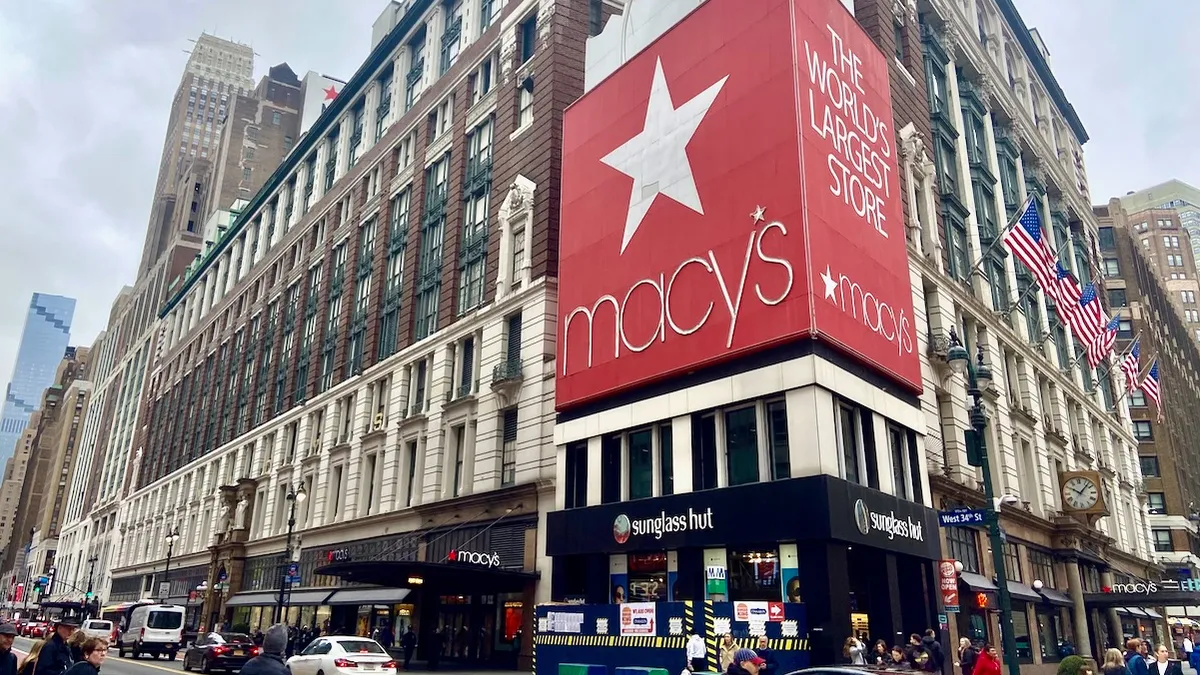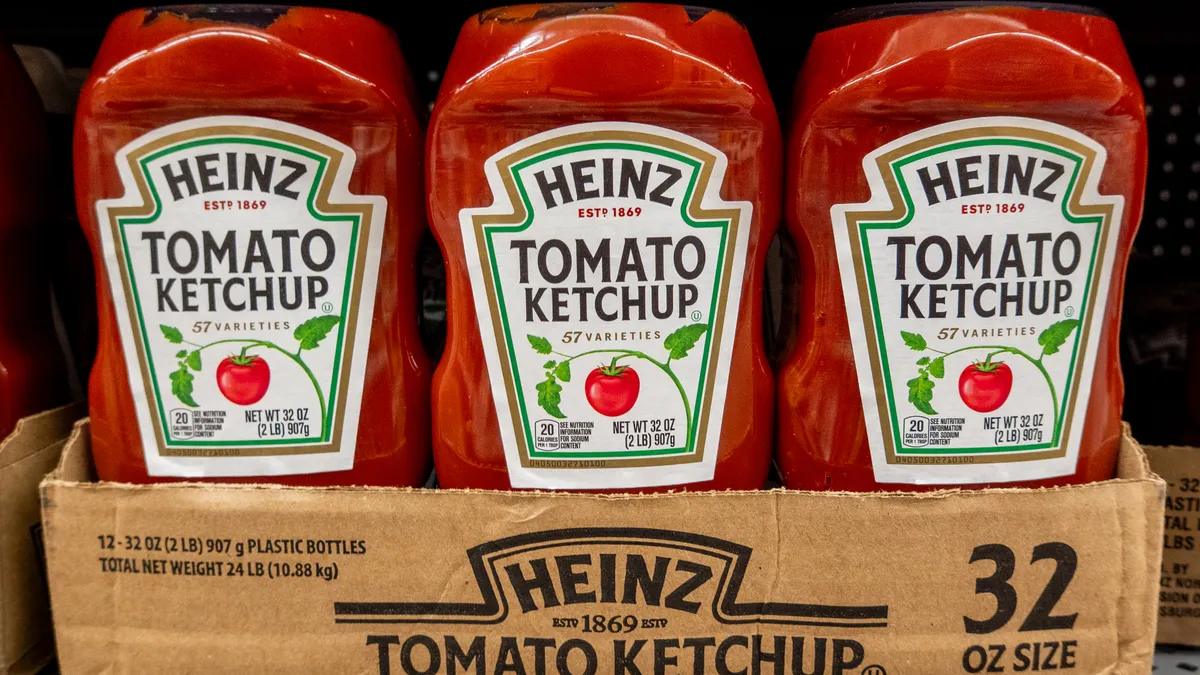Electric vehicle startup Rivian has revamped its ordering system to give customers delayed customization choice as rising order numbers and supply chain disruptions challenge the company’s ability to meet demand.
Under the new system, customers will no longer be able to specify their choice of vehicle details such as battery pack, exterior paint color, wheels or accessories before placing an initial deposit for a vehicle order reservation. Those choices will now only be made available once Rivian is ready for the customer to configure their vehicle with available supply stock and pricing options.
Customers can browse configurations in the company’s online “Vehicle Studio,” but they can’t save their preferences. If the browsing experience convinces a prospective customer they’d like to own a Rivian – even if they don’t know quite what theirs will look like – they can pay $1,000 to reserve one to be delivered in late 2023.
Despite raising $11 billion in venture capital funds and naming Amazon among its high-profile clients, Rivian has struggled to scale production to keep up with demand. Of the 90,000 trucks customers have reserved since September 2021, the company reported on the first quarter earnings call that just 5,000 had been manufactured as of May 9, 2022.
The production problems add to the company’s woes as news circulates that Rivian may lay off as many as 700 employees and undergo a restructuring as it halts some of its programs.
The new system is a big bet on Rivian’s popularity with customers, as its products are often above the price of some major competitors. The company’s R1T pickup truck has a starting price of approximately $80,000, compared to $40,000 for Ford’s new electric version of the F-150 pickup truck.
Rivian’s leadership is transparent about the reasons for the change. “This better equips us to manage a large demand backlog while navigating inflation/supply chain uncertainties, vehicle content changes and enhancements,” spokesperson Rachel Maniago said in an email.
Maniago did not specify the supply chain issues facing the company, however in April 2022 - a month before announcing the new reservation system – Rivian reported it was struggling to compete with established automakers for semiconductor chips.
Startups like Rivian are typically last on the list to receive components from car part suppliers, which focus on large orders from legacy companies, said Cory Steuben, president of EV engineering and consulting firm Munro & Associates.
“When Rivian goes and talks to a supplier and asks for 20,000 parts for a year, that doesn’t register on the suppliers’ radar,” Steuben said. “They are looking at selling two million units of a part. So, they charge a much higher price for the part, and then the company is way lower in priority. You have a lot of startups neglected by the supplier community for that reason.”
On the company’s first quarter earnings call, Scaringe noted that supply chain issues are bogging down production. “Our production lines are capable of producing at a significantly higher rate than what our supply chain is able to support today.” He said Rivian is on track to produce 25,000 vehicles in their Illinois plant by the end of 2022.
But Scaringe also attempted to assuage investors with a more optimistic outlook on future production capacity. "We no longer have semiconductor issues,” he said on the call. “What’s encouraging for us looking forward is in those areas we have had shortages we have been working very closely with the suppliers.”
With the new system, Rivian can bring more predictability to the production system.
“Automakers try to reduce the number of build combinations that workers in the factory have to accommodate, which makes manufacturing easier, more efficient and cheaper,” EV analyst Randall McAdory said.
And perhaps most importantly for future owners, it helps ensure Rivian can deliver on the menu of configurations with fewer shortage-induced backlogs.
“Car companies have sophisticated systems that tell them exactly when certain parts will arrive from suppliers,” McAdory said. “This new system will likely eliminate some customer dissatisfaction that Rivian likely knows is otherwise bound to happen with the shortages and delays we’re seeing these days.”


